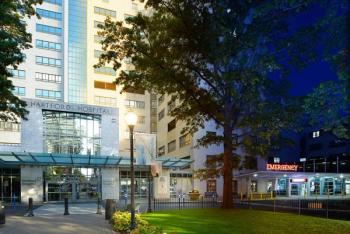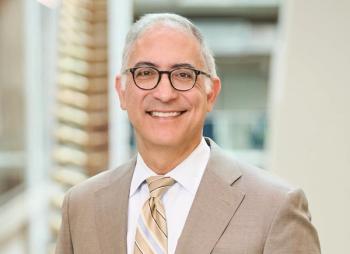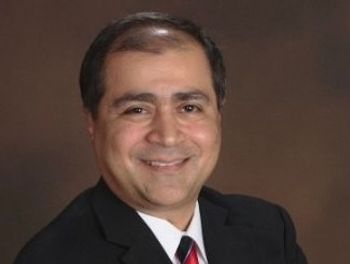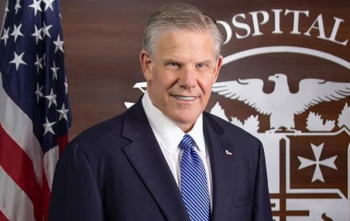
Data Science Bowl 2018: A Deep Learning Drive
The 4th edition of the annual competition keeps the focus on healthcare, calling on contestants to employ AI for cellular research.
The Data Science Bowl is underway again, and this year, deep learning is the game.
For the next 90 days, data scientists will have the chance to submit algorithms that can identify nuclei in cell samples without human intervention. The idea is to speed up drug target identification by tasking a deep learning model with analyzing millions of cell samples, rather than relying on human scientists.
“All current options for nuclei detection require time-consuming biologist intervention. There are no deep learning models available today that can identify nuclei across multiple experimental setups and testing conditions,” the event’s official statement says. Sample data for participants to base their models on will be provided by the Broad Institute of MIT and Harvard, the collaborative genetics laboratory formed by the 2 prestigious institutions in 2004.
Winning submissions will quickly, accurately identify nuclei in “any cell image.” The winning team will receive $50,000 and a NVIDIA DGX Station, an artificial intelligence-enabling personal supercomputer that carries a 5-digit retail price tag. Runners up will also receive financial prizes. Winners will likely be announced sometime in the spring.
This is the fourth annual Data Science Bowl, and the third in a row that focuses on healthcare solutions. Participants were asked last year for lung cancer detection algorithms, and a year before they competed to provide diagnostic algorithms for heart disease diagnosis.
The competition is put on by consulting giant Booz Allen Hamilton and data science company Kaggle, with this year’s event sponsored by NVIDIA, the Broad Institute, and PerkinElmer. Registration and competition data are available at Kaggle’s website.
“We believe that pairing artificial intelligence and the collective ingenuity of the global data science community will yield powerful tools that can help accelerate the search for medical cures,” Ray Hensberger of Booz Allen Hamilton said in








































